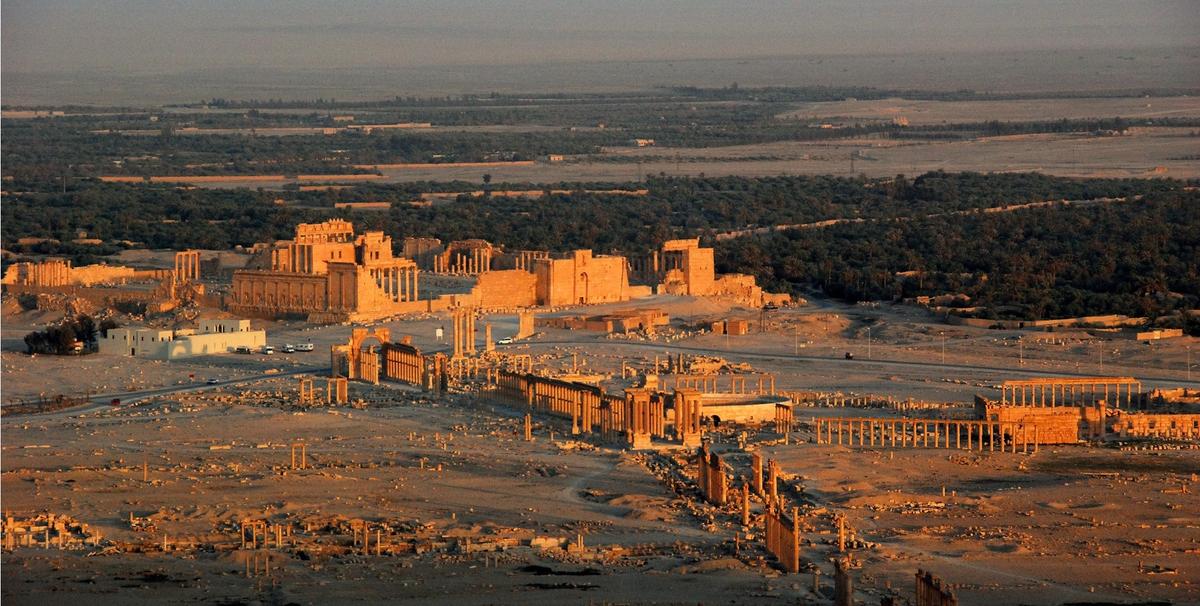Multinational collaborations are vital in the battle to preserve cultural heritage in conflict zones, says Zaki Aslan, the director of the ICCROM-ATHAR Regional Conservation Centre in Sharjah, ahead of a talk in London on 16 May aimed at raising awareness about the plight of cultural heritage in the Middle East and examining strategies to protect the historic buildings and monuments in the region as the crisis rolls into its sixth year.
“Collaboration is key,” he says. “Duplicating efforts is just not helpful, we need to improve the dialogue between agencies and nations and find ways to work together and focus our efforts.” He stresses that it is not a case of countries failing to act during the conflict, citing schemes such as the UK’s £30m Cultural Protection Fund that focuses on protecting the preserving Middle Eastern and North African heritage as examples of recent initiatives, but that much more can be achieved by co-ordinating efforts. “We all can, and should, always do more,” he says.
The talk, organised by the World Monuments Fund Britain (WMFB) and being held at the Royal Geographical Society, will cover topics such as methods of documenting cultural heritage, providing first-aid to sites in conflict zones and the illicit trade of antiquities.
Another subject that Aslan is keen to stress is the importance of planning for the post-conflict “recovery” or “reconstruction” phase now. “We run the risk of possibly losing heritage in places like Aleppo or Mosul during this phase if we do not plan now,” he says. His organisation has already held seminars on the topic and is planning to stage another one later this year. The local community will have an important role in the recovery and so it is essential to work with those on the ground. “These buildings and monuments belong to the local people who identify with them. It is important for us not to forget that,” he says.
Syria’s head of antiquities, Maamoun Abdulkarim, who spoke at a WMFB talk in London in 2015, will join the conversation by video link and provide an update on the country’s many historic sites such as the ancient city of Palmyra, which was liberated from Isis for the second time in March.
• More on the talk here


